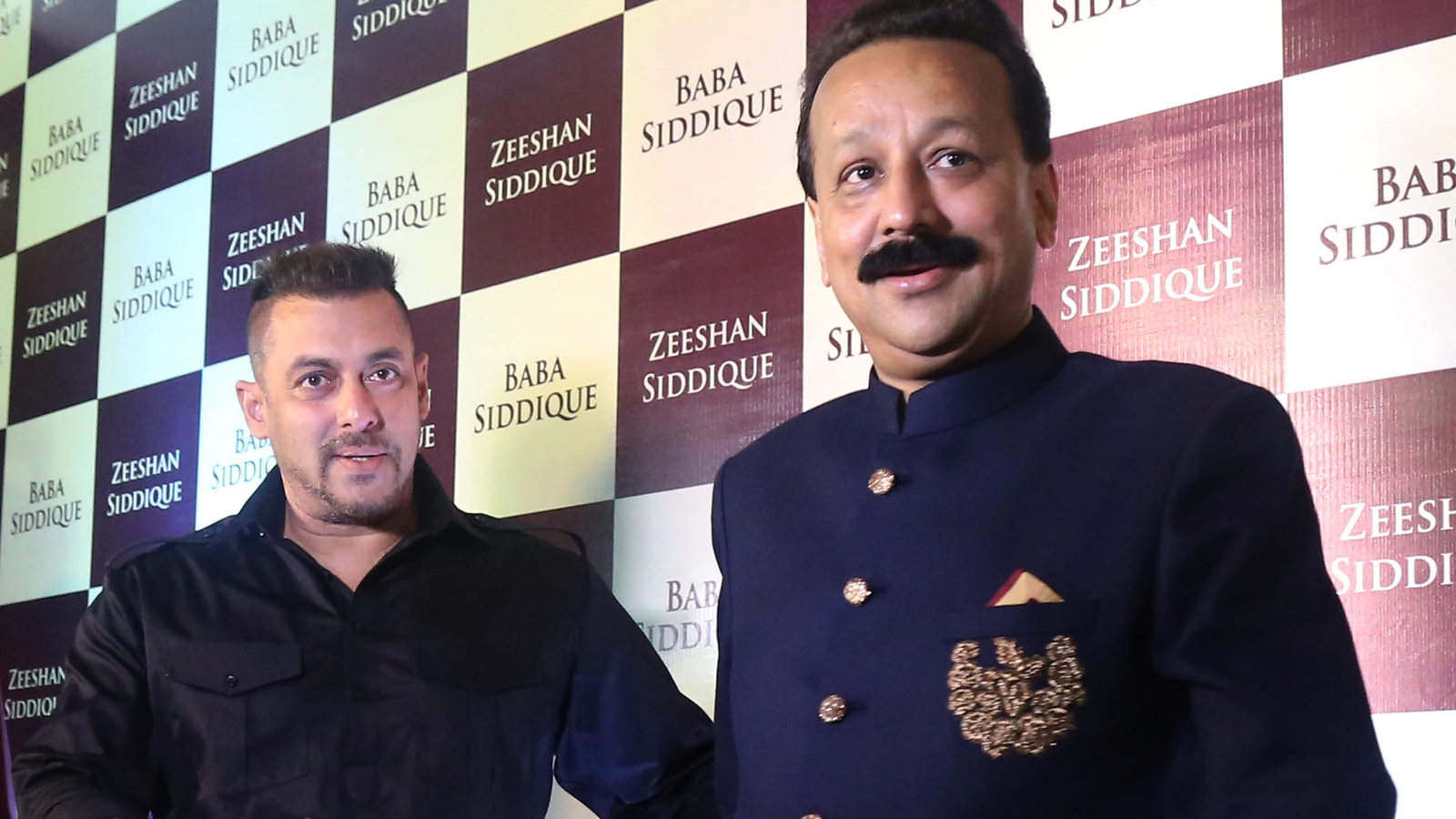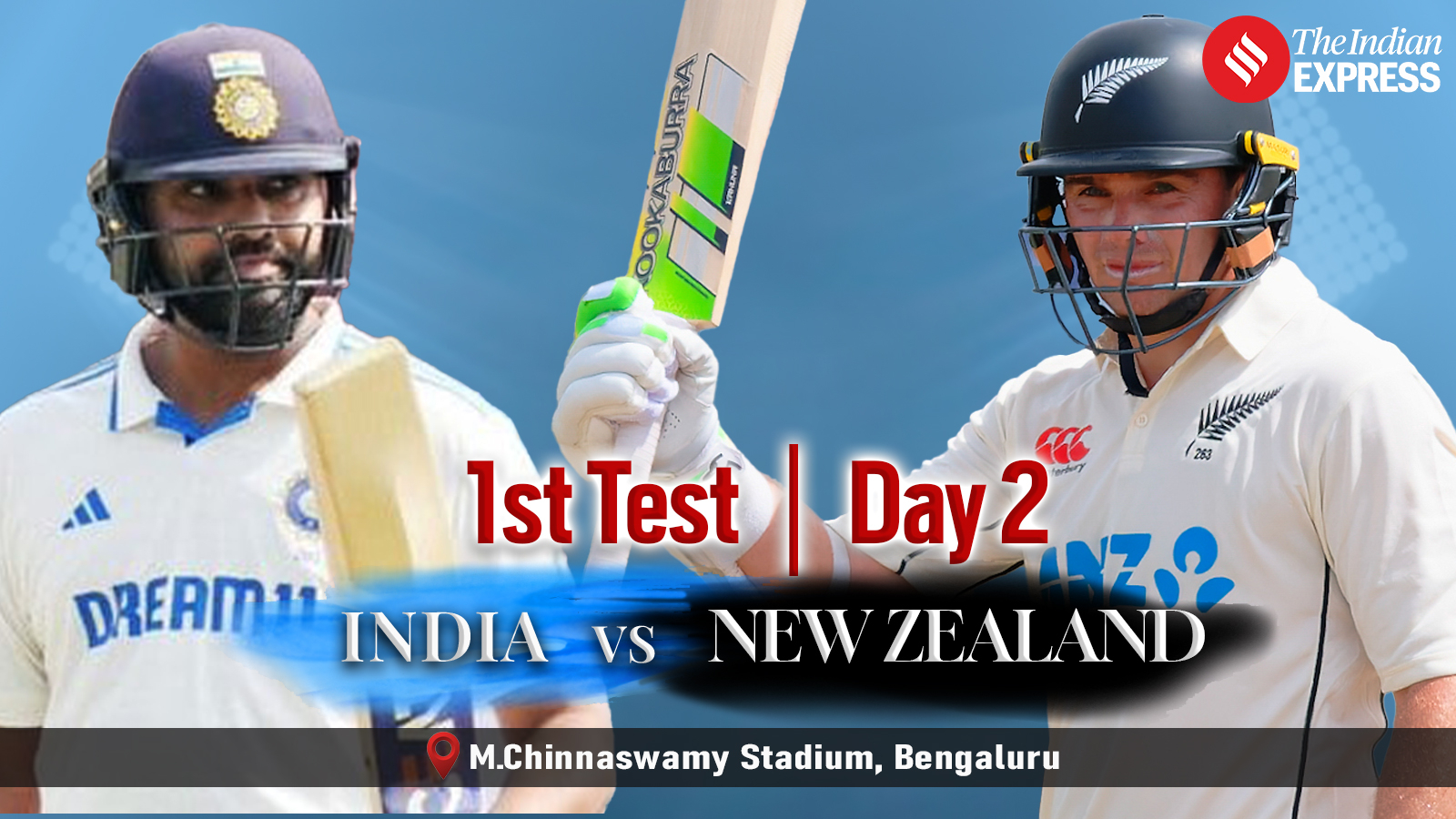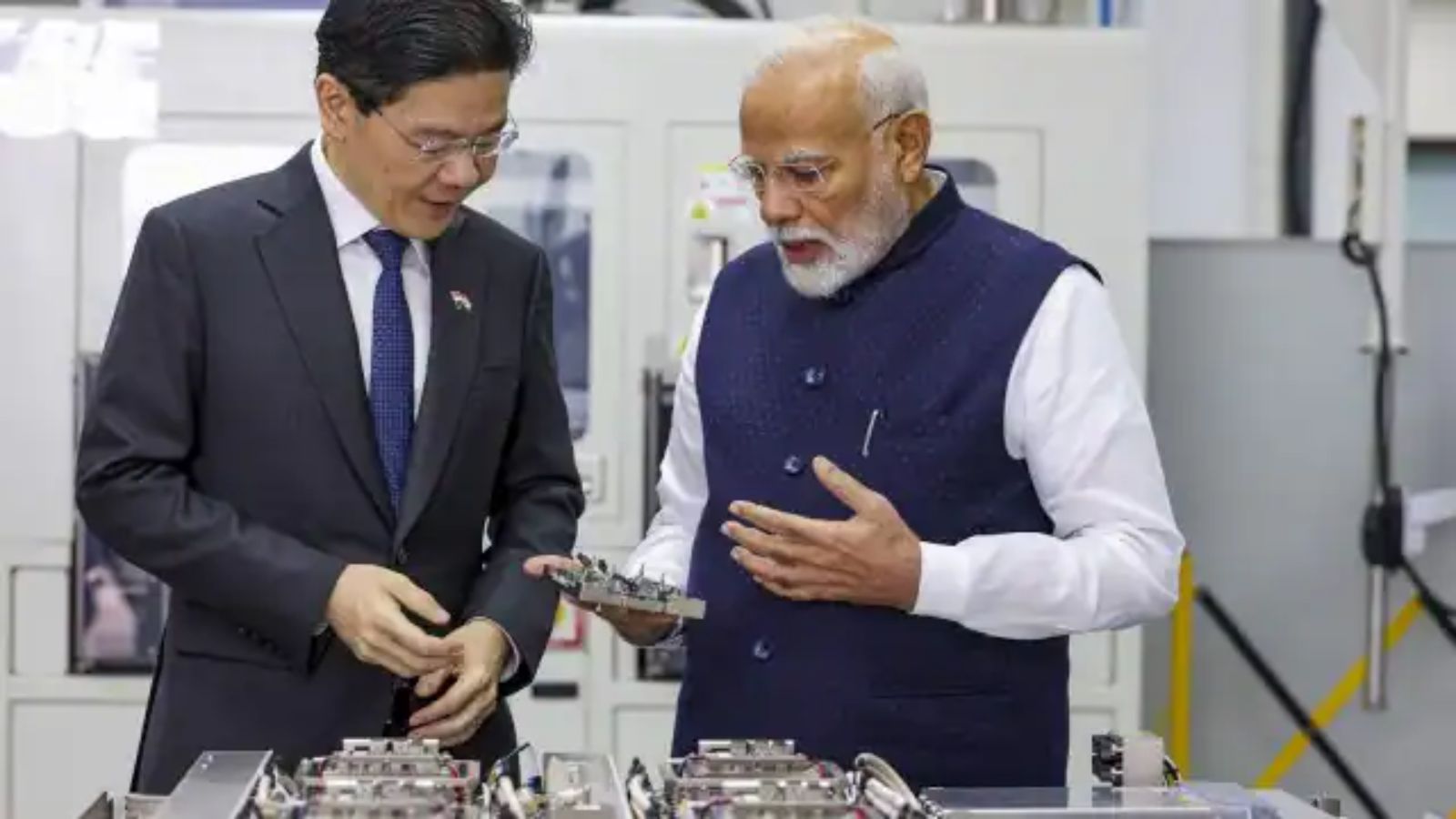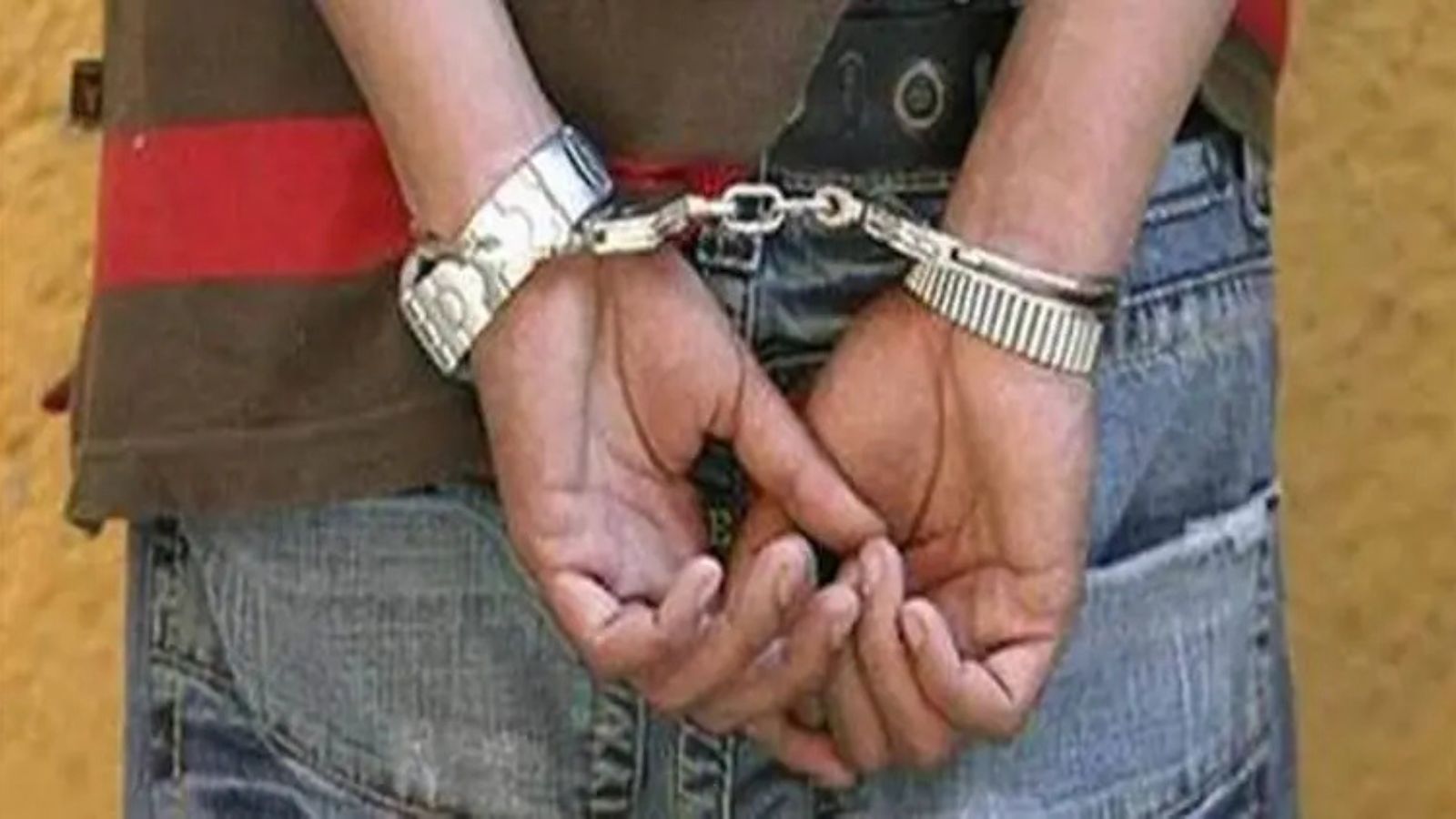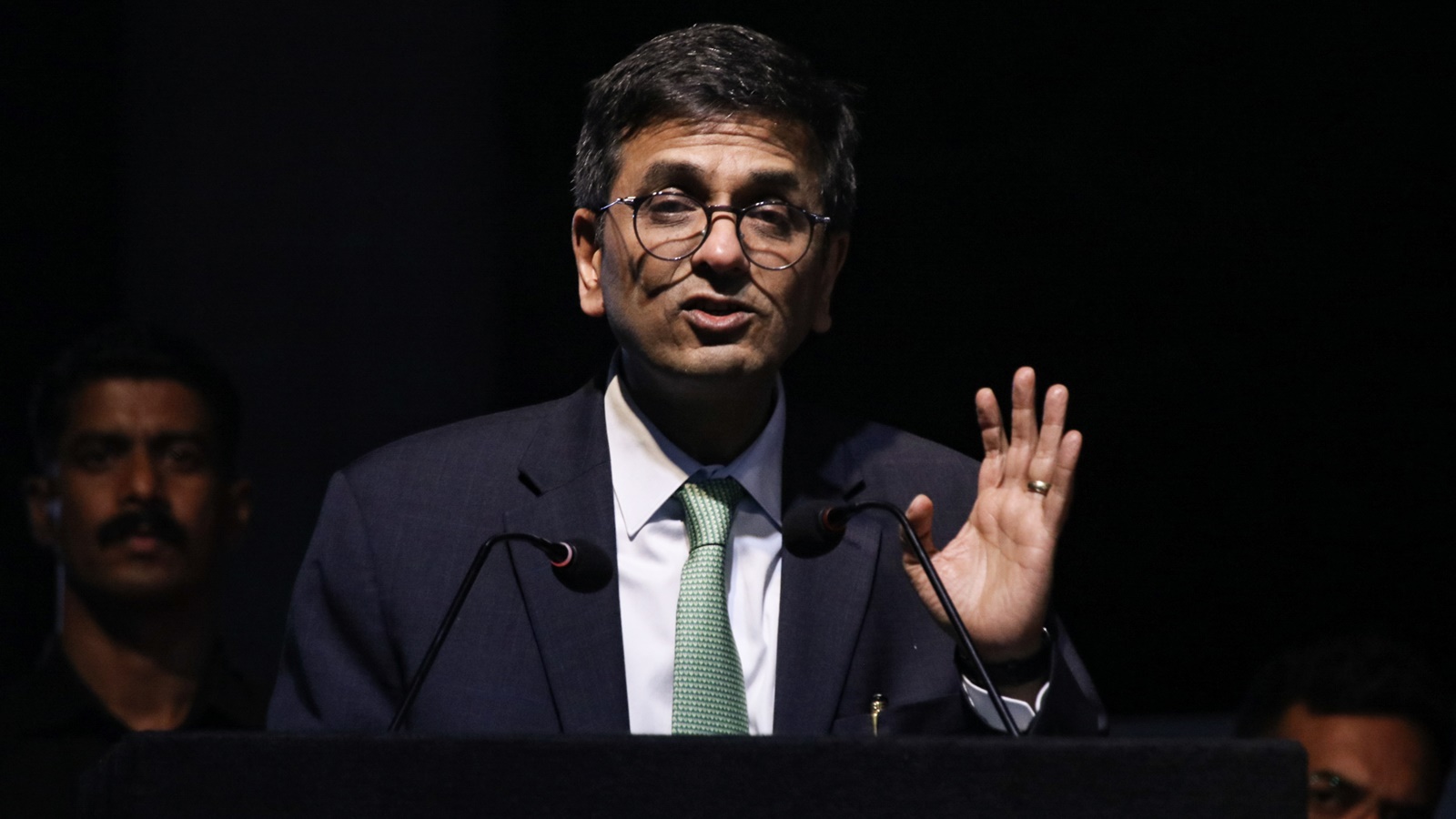A recent study has shown how wearable devices like smartwatches and fitness trackers can detect early signs of COVID-19 and heart conditions — much before symptoms appear. Researchers found that data collected by these devices—such as heart rate, sleep patterns, physical activity, and even blood oxygen levels—could help identify subtle changes in the body. The study conducted by the University of South Australia highlighted how continuous monitoring through wearables allows for the early detection of respiratory infections, including COVID-19 , and heart conditions like arrhythmias. These devices could serve as an early-warning system, helping users seek medical advice before symptoms worsen. It also stresses the potential for wearable tech to be integrated into public health strategies by providing real-time health data that can support early diagnosis and prevention. However, Dr Anesh Jain, consultant cardiologist, at Ruby Hall Clinic, Wanowrie, Pune , said that since these devices only measure the oxygen saturation levels and provide live ECG readings, they are limited to single-lead electrocardiograms (ECGs) which are a simplified version of the traditional 12-lead ECG. They use only one electrode to record the heart’s electrical activity, providing a less comprehensive view than the 12-lead version. A single-lead ECG may diagnose rhythm-related abnormalities like Atrial Fibrillation but is less effective for comprehensive heart attack diagnosis. For COVID-19, wearable devices are more effective in severe cases where oxygen levels drop significantly, Dr Jain added. “The accuracy of these findings is debatable. While wearable devices offer some insight into health conditions, they are currently limited compared to conventional methods,” Dr Jain specified in the conversation. A single-lead ECG can detect certain rhythm abnormalities, but a 12-lead ECG is necessary for a definitive heart attack diagnosis, he added. Additionally, wearable devices might only catch severe cases of Covid , and Dr Jain noted that patients often recognise symptoms before the device does. Hence, conventional diagnostic techniques remain more reliable for serious cardiac issues and early Covid-19 detection. DISCLAIMER: This article is based on information from the public domain and/or the experts we spoke to. Always consult your health practitioner before starting any routine. None
Popular Tags:
Share This Post:
SC to rule on legality of Citizenship Act provision in Assam
- by Sarkai Info
- October 17, 2024

What’s New
Spotlight
Today’s Hot
The spread of sex selection in India: Not just the foreign hand
- By Sarkai Info
- October 17, 2024
Featured News
Is overusing painkillers harming your stomach and kidney?
- By Sarkai Info
- October 17, 2024
Why climate change is a national security issue
- By Sarkai Info
- October 17, 2024
Latest From This Week
Vasan Bala’s unabashed cinephilia nearly salvages a lacklustre Jigra
ARTICLE
- by Sarkai Info
- October 17, 2024
Subscribe To Our Newsletter
No spam, notifications only about new products, updates.







